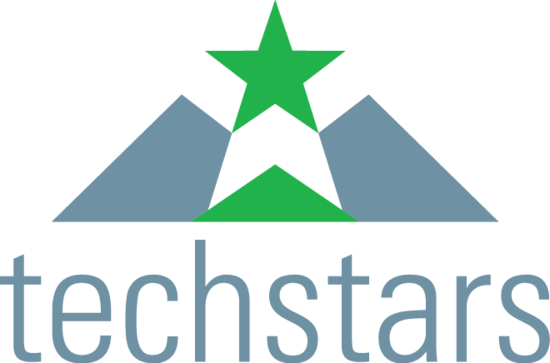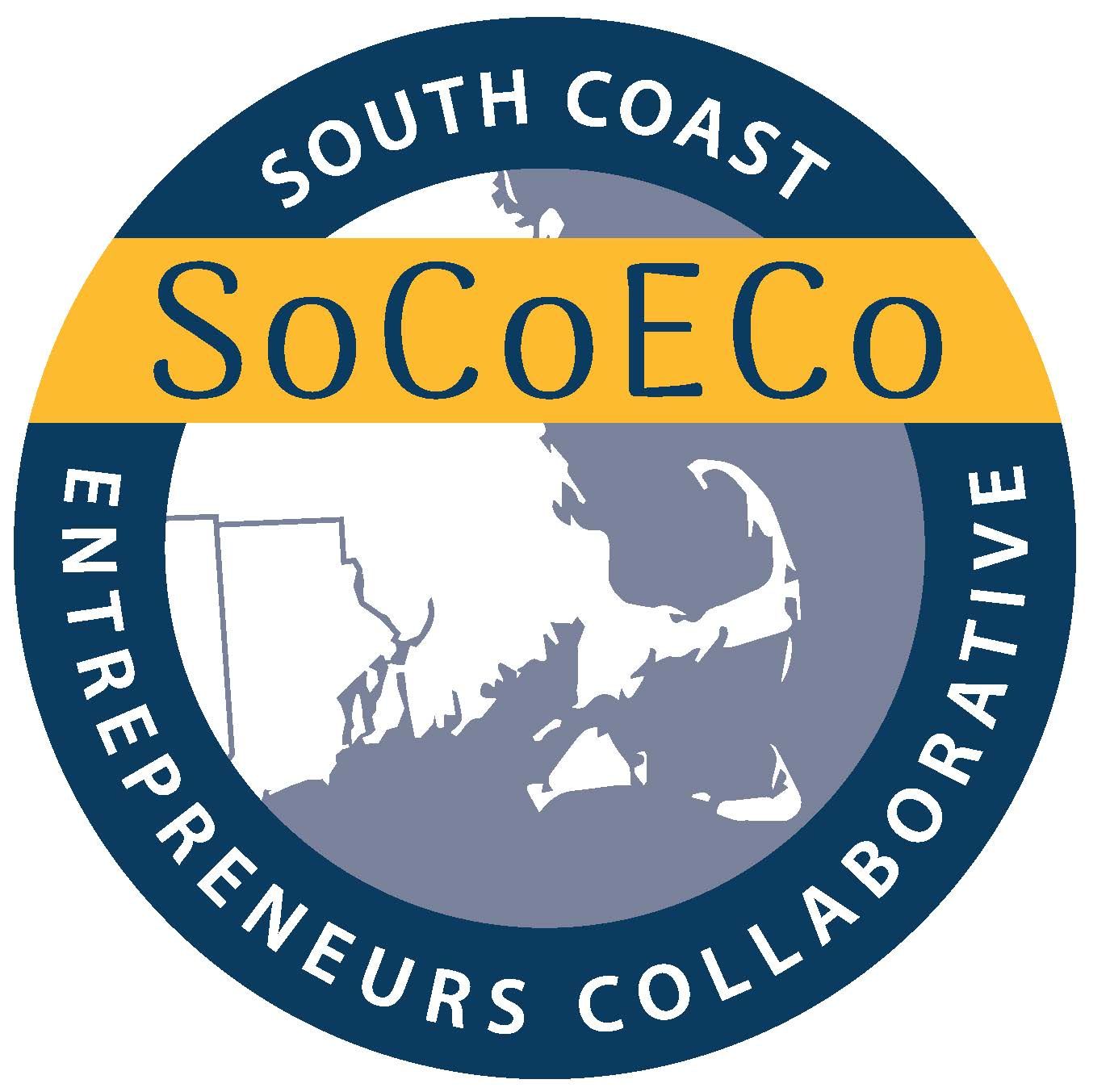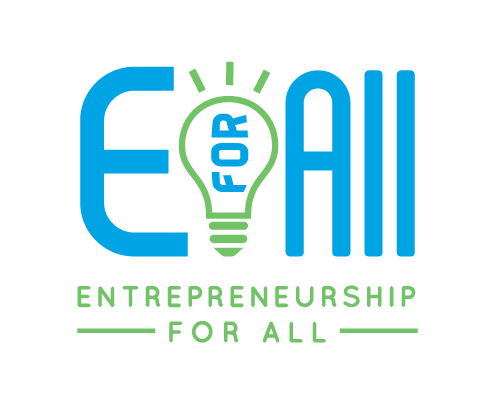Events
The UMass Dartmouth Center for Innovation and Entrepreneurship partners with many organizations like Techstars, Entrepreneurship for All (E4All), South Coast Entrepreneurs Collaborative (SoCoECo) to host the best events available for entrepreneurs, students and technology industries. Please follow us on Social Media and join our Newsletter to stay in touch with us.


